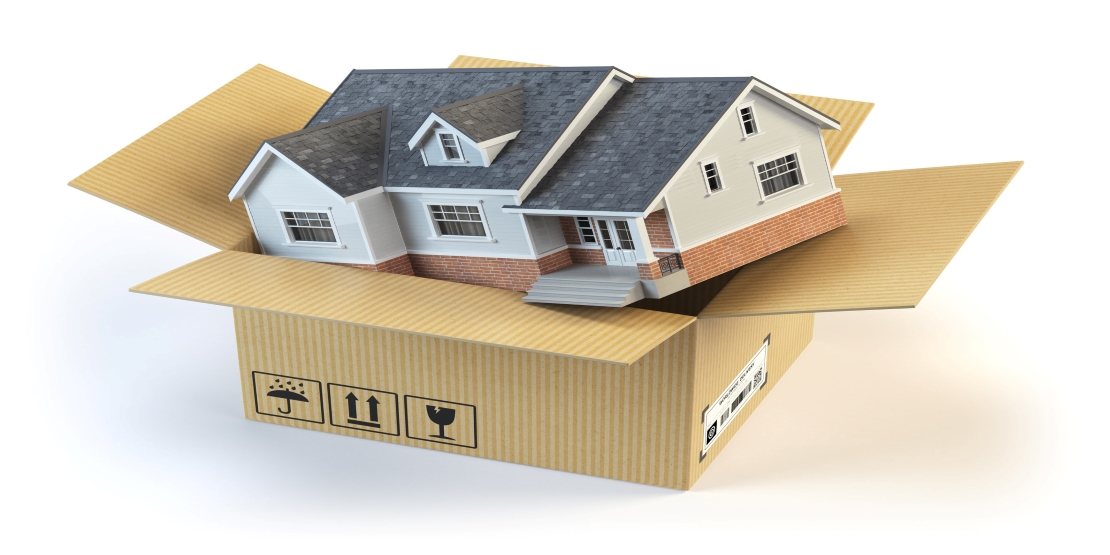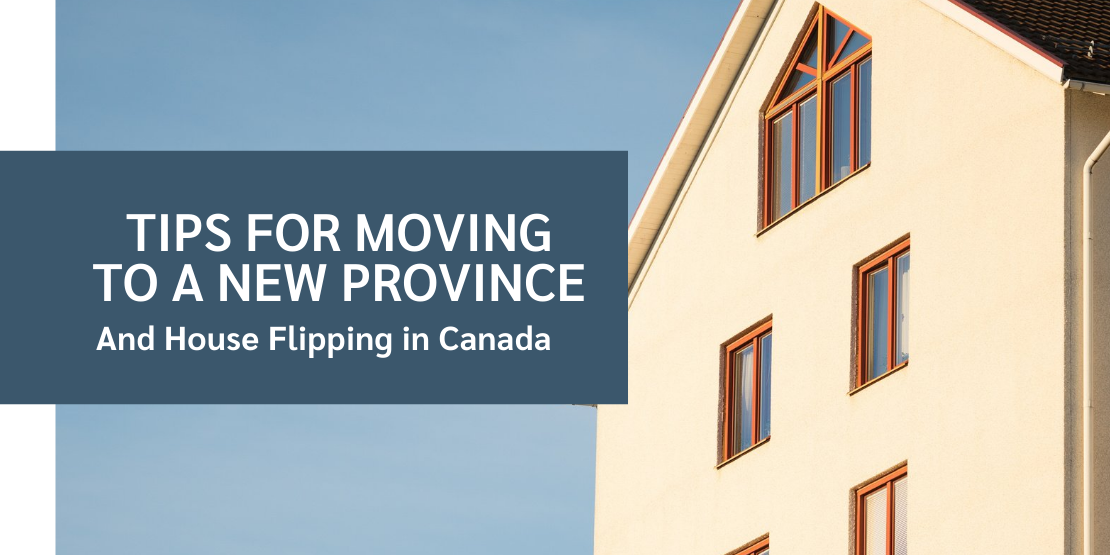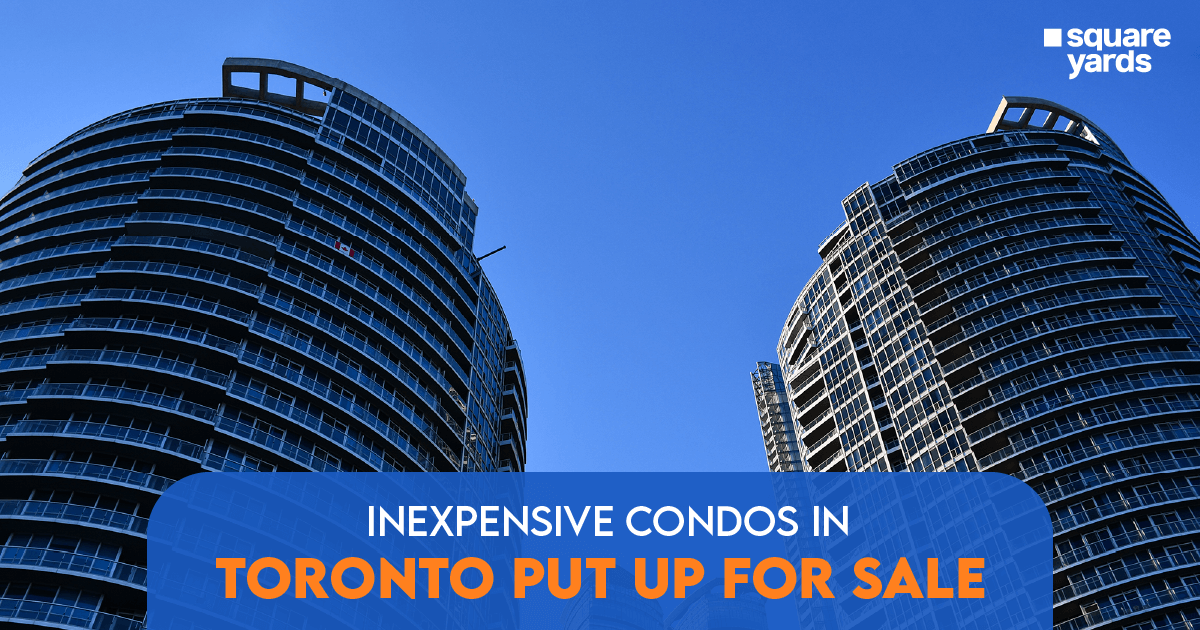Are you planning to move to a new province or participate in real estate house flipping? We have got you covered.
Both inter-provincial transitions and flipping houses in Canada can prove to be a jarring experience, especially if you are a first-timer. Proper planning, financing, and contacts are requisites for both. But, if you can do it right, there’s nothing like it.
So to help you out, in this article, we not only tell you how you can make a successful move to a new province in Canada but how you can do property flipping like a pro.
8 Tips to Move to a New Province in Canada

Here are 8 important tips that you need to keep in mind when moving to a new province in Canada.
Check the Housing Options
When shifting to a new province for your job, start looking for properties around your office location. If you’re going alone, we suggest going through all types of properties ranging from one to three-room apartments. But, if you are moving to a new province with your family, you need to choose something bigger.
Finding a place that fits your needs and budget is easy, thanks to the Internet. All you need to do is type in your work address and go through the varied housing choices. Search wisely and keep looking until you find something that fits your needs perfectly.
Cost of Living in that Area
The cost of essentials such as utilities and groceries tends to vary in different Canadian cities. Even the income tax rates differ by a huge percentage. So, when you decide to move to a new province, make sure you do not just look for where to live but the cost of living. Tally it with your income and budget to understand if it is comfortably affordable for you.
Public Transport Options
You also need to take a close look at the type of transport you’re going to use. The location of your job plays a huge role in helping you choose whether you’ll be walking to work, choosing public transport, or using your vehicle.
Knowing which mode of transportation is available near your home or workplace is essential. Accordingly, you can find out about monthly passes and transit fares. Those who prefer to travel by their vehicles should compare gas prices and automobile insurance.
Job Regulations
No matter which province you choose to move into, be sure to check its job regulations. In Canada, different jobs have different regulations, and you need to know about them. But first, you need to ensure that all your documents and licenses are updated and approved. You don’t want to embarrass yourself by showing up with an expired ID.
If your job is regulated, you’d require a license or certificate to be able to work there. The drawback, however, is that attaining that license can get tricky. That’s because you may not meet the eligibility standards. But if you look up all the information beforehand and talk to your hiring manager, you’ll be able to get through the process easily.
Moreover, since each province has its own regulations, too, there’s a chance that you may not require attaining any license or certification. We recommend that you check all these details before moving in.
Other Opportunities
Moving to a new province is a huge decision that can change your lifestyle completely. Before taking the plunge, make sure you set certain long-term goals in your mind.
Ask yourself how this long-distance will impact your life, and where do you see yourself five years down the road? You will have a certain place, position, or idea in mind, such as starting your family or owning a business.
But, sometimes things don’t go as planned. This is why you must have a Plan B in place. In case the job you’re taking up doesn’t work out the way you want, what will you do? In situations like this, will you quit or look for a new job?
Examine your goals by performing a mapping exercise. Note down all the steps you are going to take to make this life-changing event successful.
Recce the Area Before Moving
Visiting the region where you have your job is highly essential. It may seem time-consuming, but it is actually going to help you a lot in the long run. Even if you visit for a day or two, you will get an idea of the atmosphere and energy there.
You will come across various things you like along with a lot of things you don’t. The latter could be a reason for you to change your mind and not make the big move.
Visit all the housing options you checked, including popular neighbourhoods. It will help you discover if the area is safe, nearby stores and services, as well as places that you’d like to avoid after making the move.
Ask For Employer Assistance
A lot of employers tend to pay a portion of the money to employees making a long-distance move. If the company needs you, they will try their best to make the transition as easy as possible for you. So, make sure you discuss your transition to the new province with your employer and see how they respond. If they have a plan in place, it is only going to benefit you. If not, then you can plan accordingly or ask for at least some assistance.
Deductible Moving Tax
There are several kinds of expenses, out of which many are tax-deductible. Whether you are an employee or self-employed, you may be eligible for this deduction. It is vital to know about it as it can decrease the cost of your move.
These tax deductive expenses include:
- Transportation and storage costs.
- Travel costs.
- Storage and transportation expenses
- Temporary living costs.
- Move-related incidental expenses, like address change on legal documents, license replacement, etc.
You should also check Canada’s official government website to learn more about such tax deductibles.
7 Ways To Ace The House Flipping Business in Canada

Businesses in Canada and all over the world have been making money through real estate investing. And flipping homes is one of the best ways to invest in real estate. So, if you are planning to invest in real estate and aren’t sure if it’s profitable, we’ll help you make a final decision. Here are a few things you should know if you want to make a profit flipping houses.
Select the Right Location
Location is an integral part of real estate. When flipping houses, it is something that you need to take into serious consideration as you cannot change it later. It is also an important factor that affects purchasing price and resale price of a property.
While choosing a location, opt for a neighbourhood that buyers would be interested in. Don’t forget to consider other living factors like shopping, healthcare, restaurants/takeaways, reputed schools, easy commute, and more. The more the availability of amenities and conveniences in a neighbourhood, the higher the profits.
Focus on the Buyer
Focusing on the buyer is key to house flipping. You need to understand what your target buyer wants and looks for in a house. Before deciding to sell the house, you should renovate it to the taste of the buyer. Make it look tempting by blending aesthetics and functionality while ensuring it also matches the buyer’s budget.
If you do not know how to get started, create a renovation checklist and tick all the essential boxes according to the buyer’s perspective. This will help you increase the property resale value and make it simple to flip.
Find a Reliable Contractor
House flipping can only be successful if you partner with the right contractor. Renovating the house is negligible but working with a contractor is an absolute must.
Look for a contractor who understands why you want to flip the house. Choose an experienced and reliable team or individual. You can also get in touch with realtors near you as they have significant industry contacts.
When you have a few names and contacts in hand, start interviewing them one by one. Make sure they have insurance and ask for quotes. This way, you will get an idea of the renovation cost and the time it will take for the project to complete.
Several websites allow you to connect with trusted contractors as well. Apart from providing great resources, they also provide you with exceptional house flipping assistance.
Evaluate the Property
The core aim of flipping a property is making profits. Thus, the buying and renovation must not cost you more than the resale price. It will help if you ask your contractor to assess the property before purchasing it.
This will enable you to get a clear picture of the renovation cost from the start. You can even discover the best possible price to purchase the property and decide whether you should purchase the property in the first place or not.
Timing is Everything
When it comes to flipping houses, timing is essential. The quicker the sale, the greater the chances of making profits. Moreover, there is generally a loan to repay along with interest. So, you need to schedule the entire project accordingly.
Talk to your contractor and set up a timeline for the entire project. Plan it in a way that it is complete when the real estate market is in high demand. This way, you can sell your property when the market is competitive and more people are looking to buy a house. Plan the timing of the sale of your property wisely to prevent any loss.
Determine the Selling Price
Choosing the selling price is about striking a balance. You’d want a price that is low enough to attract buyers and, at the same time, high enough for you to make profits.
Reach out to your realtor to determine the right selling price. It will help you, especially if it’s your first time and you have no experience in the market. Once you have the experience, you can handle these things on your own in the future.
Other factors such as liveability factors, location, upgrades, market trends, etc., will help you determine the right price.
Avoid Making These Mistakes When Flipping Houses

When flipping houses, one can make mistakes, especially if it’s the first time. The most common mistakes include:
- Undervaluing repair costs
- Use of poor quality renovation materials
- Only focusing on profits and ignoring closing costs
- Not selling the property/home at the right time
- Hiring undertrained or unqualified professionals
Most people end up making these mistakes when trying to gain more out of the property than its actual worth. Knowing about such mistakes in advance will help you avoid them and maintain your profit margin.
Is Flipping Houses a Good Idea?
Flipping homes is a lucrative affair. But making money in this business isn’t as easy. It requires you to put in a lot of effort, time, and money. However, the final result is worth it. So, here are 3 major benefits you get to experience when house flipping.
Scope of Making Good Profit
Investing in real estate for house flipping is profitable for both individuals and agencies. Apart from repairing and renovating damages in the already-bought property, you don’t have to bear any other major costs. Additionally, when determining the property price for resale, you not only consider its features and reparation expenses but factors like location, neighbourhood, amenities, etc. This allows you to earn profits quickly.
Personal Growth
Given the amount of money and time it takes, you ought to gain valuable experience out of it. The more time you give to this profession of real estate flipping, the greater will be your personal growth. For instance, buying properties and materials frequently will improve your negotiating skills. The renovation process will help you with time management and task delegation. Property flipping will also help you learn a lot about construction and real estate in general.
A Rewarding Experience
House flipping is both quantitatively and qualitatively rewarding. While renovating an old home, you are giving it a new life and contributing to the development of a neighbourhood. Additionally, through the resale of the property, you are helping families to manifest their dream home by giving them the opportunity to have their own space.
Final Thoughts
Whether you are looking for properties to move to different provinces in Canada or you desire to start your house flipping business, both require investing in real estate. And, while these may apparently seem risky, all it requires for you is to be well-informed, cautious, and strategic.
Seek help from seasoned and reputed contractors and realtors to make your decision when purchasing investment properties for house flipping. Run some research and recce the location in the new province before you make the move. Follow the tips we have shared in this article to ace both property search in a new province and your house flipping business.
Frequently Asked Questions
House flipping and moving to a new province can be challenging. So, it’s natural for you to have numerous queries. But, don’t fret. We’ve addressed some of the most commonly asked questions below for your ease.
No. You won’t require cancelling your car insurance policy when moving to a new province. For further clarity, we recommend you talk to your policy provider and confirm whether or not they offer coverage in the province you’re moving to.
There is no single answer to this question. It depends on your budget. Sault Ste. Marie, Ontario, Rimouski, Quebec, Quesnel, British Columbia, and Lévis as the most affordable Canadian cities.
Yes, you can apply to two provinces in Canada. While making your EE profile, you can apply to multiple provinces. If you apply for one province and wish to apply for the second province later, you will require filling out another application. In such cases, ensure to let them know about your first province application.
Since there are no laws that outlaw home flipping in Canada, it makes it a legal practice. It is one of the most well-known modes of real estate investment. However, you should know that the tax laws regulate the income earned for flipping homes.
The 70% rule allows home flippers and investors to determine the maximum amount they should be paying for an investment property. It tells them not to spend more than 70 percent of the homes’ after-repair value to renovate it.











